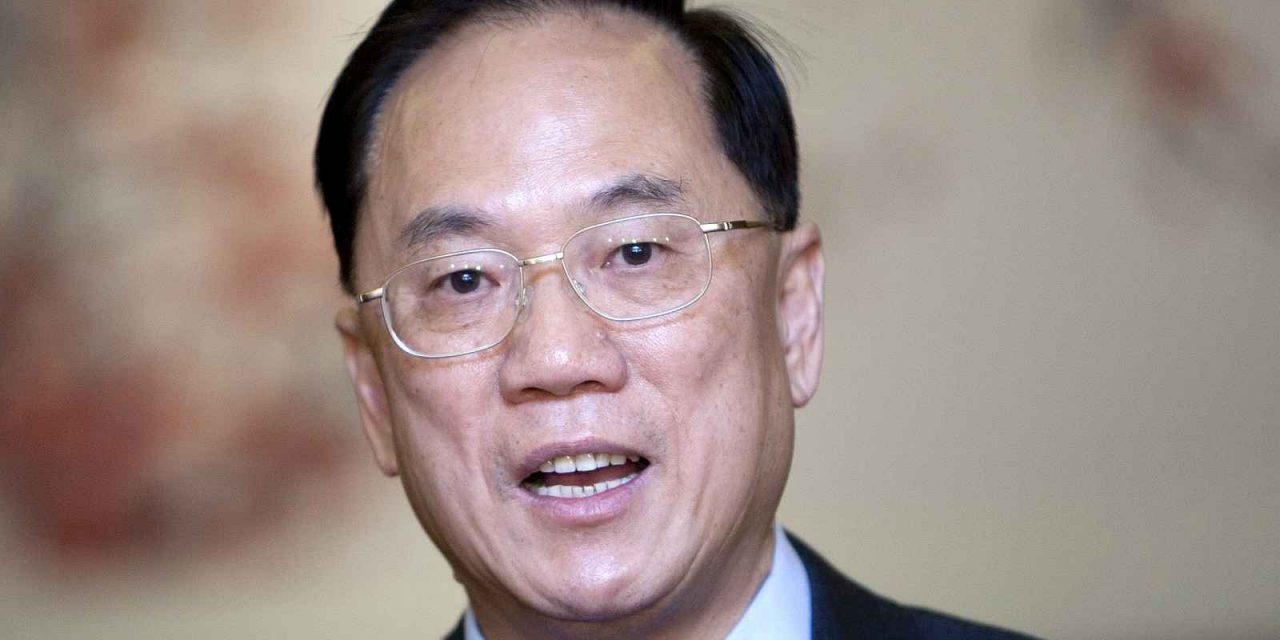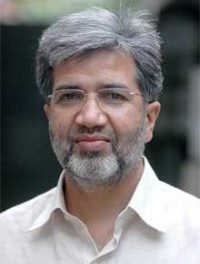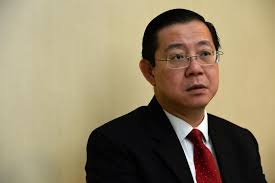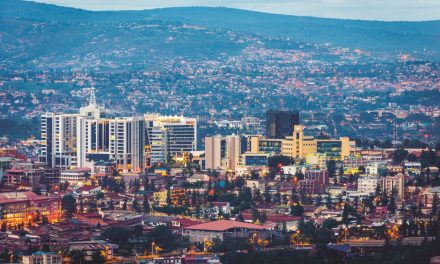Update
22 February 2017
Jurors found Donald Tsang guilty of the first charge relating to lease of a luxury flat in Shenzhen at a bargain rate. But, jurors were not able to reach a verdict on a bribery charge of accepting a redecoration of his penthouse, costing Wong HK$3.35 million, for free. Tsang will face a trial on this charge later. The jurors found him not guilty of nominating the interior designer working on the penthouse’s renovations for an award.
When sentencing him to 20 months in prison, the judge noted that he was going to give 30-month jail term but reduced it by 10 months for Tsang’s contribution to Hong Kong, especially during the Asian Financial crisis.
Tsang’s wife Selina said that her husband would appeal the verdict.
– – – – – – – – – – – – – – – – – – – – – – – – – – – –
03 January 2017
Former Chief executive(CE) of Hong Kong, Donald Tsang, pleaded not guilty to bribery charges on Tuesday, 3 January 2017. at a high-profile corruption trial. Hong Kong prides itself as a corruption free city. But this case raises questions about conduct of high officials.
Prosecutors allege that Mr Tsang was engaged in several activities involving conflict of interest without declaring them to the Executive Council, which he presided over. He rented a luxury flat in Southern China from a shareholder of Wave Media, whose broadcasting license was approved by him. The second charge alleges that he recommended interior designer Barrie Ho Chow-lai, who redecorated his rental flat for free, for nomination under the city’s honours and awards.
The son of a police officer, Tsang had a high-flying career, in the prestigious civil service and rose to be the first ethnic Chinese financial secretary in 1997 under the British rule. He was knighted that same year. He remained 7 years as Chief Executive after Hong Kong was returned to China.
Some criticise that the problem is caused by the electoral process of the Chief Executive. The CE is elected by 1200 strong electoral committee, consisting of special interest groups weighted towards Beijing. Therefor it is necessary for the CE to maintain a close relationship with the special interest groups. In such a situation, it is difficult to be impartial at the same time.
The third and incumbent Chief Executive of Hong Kong, Leung Chun-ying, faces allegations of receiving improper payment of $6.6 million from Australian engineering firm UGL before he took office.
Tsang’s deputy, Rafael Hui, was jailed for seven-and-a-half years after being found guilty in 2014 of taking bribes from Hong Kong property tycoon Thomas Kwok.















